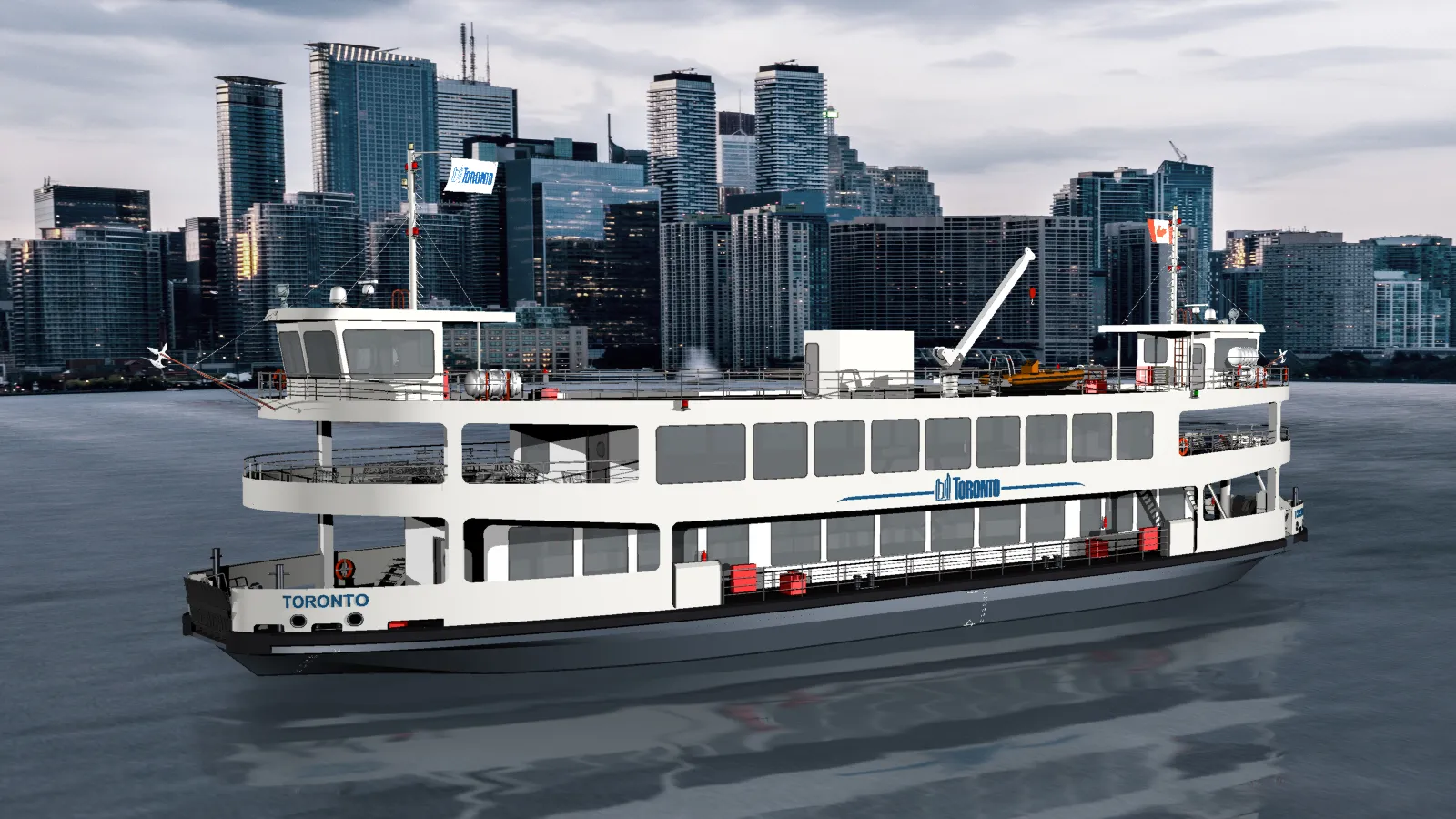The 4,000th alternative-fuel vehicle (AFV) in AT&T’s corporate fleet has been deployed in Chicago, Illinois. The vehicles are part of the company’s planned 10-year initiative to invest up to US$565 million to replace approximately 15,000 fleet vehicles with alternative fuel models through 2018.
March 23, 2012
Read time: 1 min
The 4,000th alternative-fuel vehicle (AFV) in AT&T’s corporate fleet has been deployed in Chicago, Illinois. The vehicles are part of the company’s planned 10-year initiative to invest up to US$565 million to replace approximately 15,000 fleet vehicles with alternative fuel models through 2018. AT&T's fleet nationwide currently numbers more than 71,500 vehicles.
The milestone vehicle deployed in Chicago uses compressed natural gas technology (CNG) and is one of 165 AFVs deployed by AT&T in Illinois. The company began deploying fleet AFVs, including all-electric and hybrid-electric, as part of an overall commitment to minimise its environmental impact while operating more efficiently. Through 2013, AT&T anticipates it will purchase approximately 8,000 CNG vehicles at a cost of around $350 million.
The milestone vehicle deployed in Chicago uses compressed natural gas technology (CNG) and is one of 165 AFVs deployed by AT&T in Illinois. The company began deploying fleet AFVs, including all-electric and hybrid-electric, as part of an overall commitment to minimise its environmental impact while operating more efficiently. Through 2013, AT&T anticipates it will purchase approximately 8,000 CNG vehicles at a cost of around $350 million.










